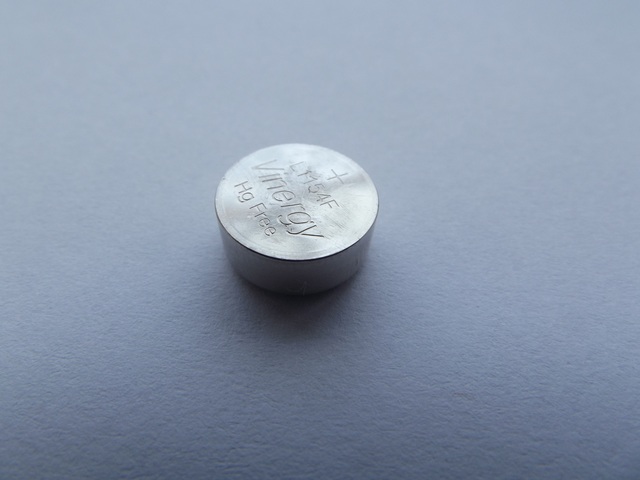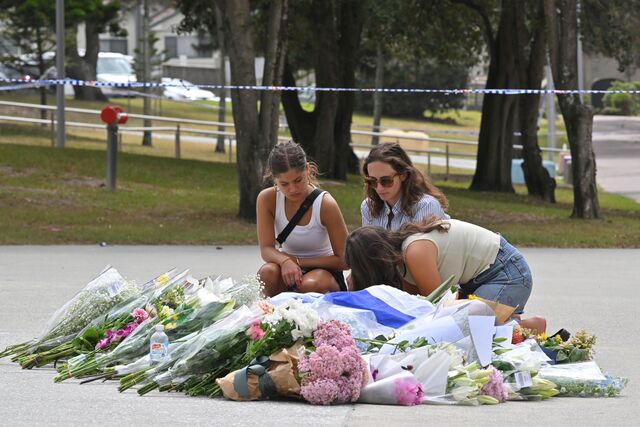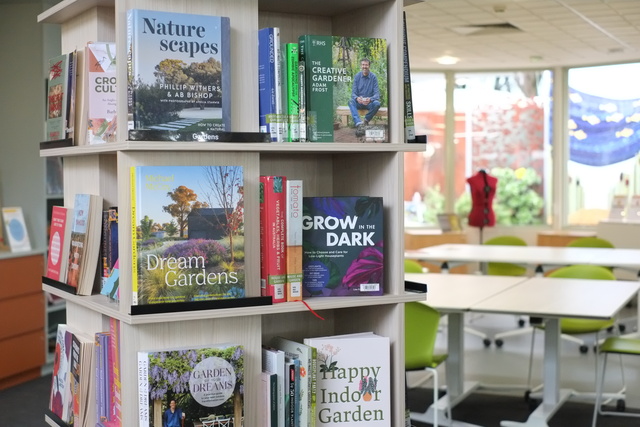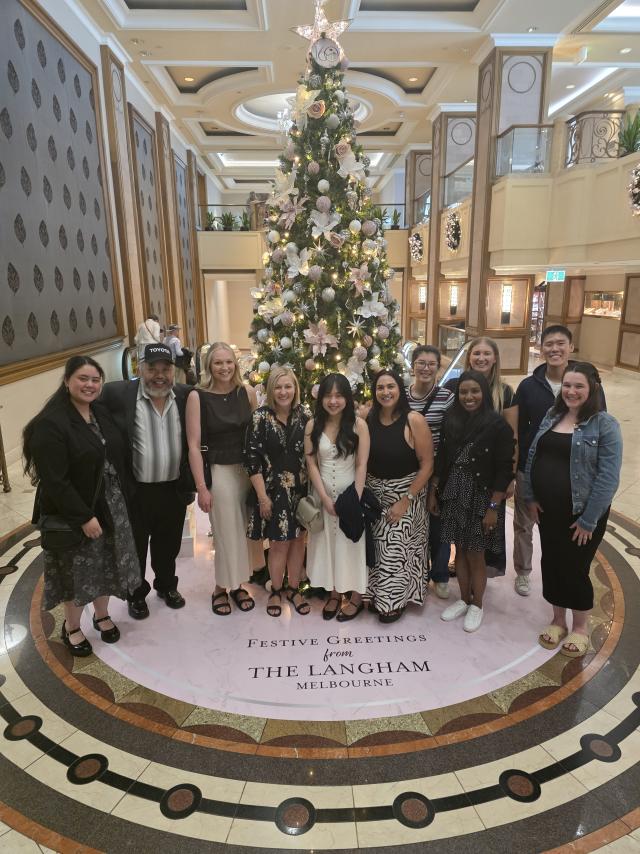By VICTORIA STONE-MEADOWS
A WARBURTON man who missed the opportunity to connect with his mother after finding out he was adopted has welcomed the repeal of ‘contact statements’ for adoption cases prior to 1984.
The statements, introduced by the Victorian Government in 2013, stopped natural parents of adopted children accessing information or contacting their adult children with fines for doing so running up to more than $9000.
The current Victorian Government added an amendment to the Adoption Act last week, removing these statements and allowing natural parents of adopted people to contact their estranged children.
William Hammersley of Warburton only found out he was adopted in 2012, after living most of his life with his adoptive parents and believing his mother did not want to make contact with him.
Mr Hammersley said it caused him great pain to know he could have known his mother before it was too late but the law had restricted him from doing so.
“To hear that my mother was told “not to look for me” and it was illegal for her to do so, frowned upon by society and the church,” he said.
“I did eventually, in my forties, look for her, and when I did, it was too late she had passed away, then for the following years I buried it again but always in the back of my mind.”
Mr Hammersley believes the repeal of this law will make the circumstances of these adoptions more transparent and help people heal relationships between families that have been separated.
“It will allow the truth of the circumstance of the birth and adoption be told to the adoptee by the one person that can – the mother,” he said.
“And it will honour the mother’s and parents’ right to tell that truth to their now adult sons and daughters if they wish to listen.”
In a letter to Victorian MPs before the passing of the Adoption Act amendment, Mr Hammersley described the ‘contact statements’ as “discriminatory and insulting”.
“Putting in place extraordinary legal measures for post-adoption contact perpetuates the myths that supported past adoption practices. They systematically undermine the parent-child bond and reinforce out-dated views that the mother and child should be kept apart at all costs,” he wrote.
Mr Hammersley said removing these laws was a big step forward in healing past wounds caused by the forced adoption practices of the 1950s, ’60s and ’70s.
“It feels good that finally in Victoria the government and its agencies are no longer interfering in our lives,” he said.
“Finally, we are given the respect as adults to contact each other and to monitor our own life without government interference.”
In a written statement, Minister for Families and Children Jenny Mikakos said the repeal was a move towards balancing out the forced adoption practices of the past by awarding equality to parents.
“This is an important show of support for parents, particularly mothers, affected by past forced adoption practices, many of whom have sat and observed this legislation being debated in parliament,” she said.
“While this change does not heal the trauma of the past, it acknowledges the hurt and ensures all parties to adoption are given equal rights to register their wishes about contact with their family.”
The amendment to the Adoption Act passed the Victorian legislative assembly on Tuesday 18 August with the changes coming into effect once the legislation receives Royal Assent.
Current contact statements will continue to be in place until they expire, but penalties will not apply for parents who wish to contact their children.







